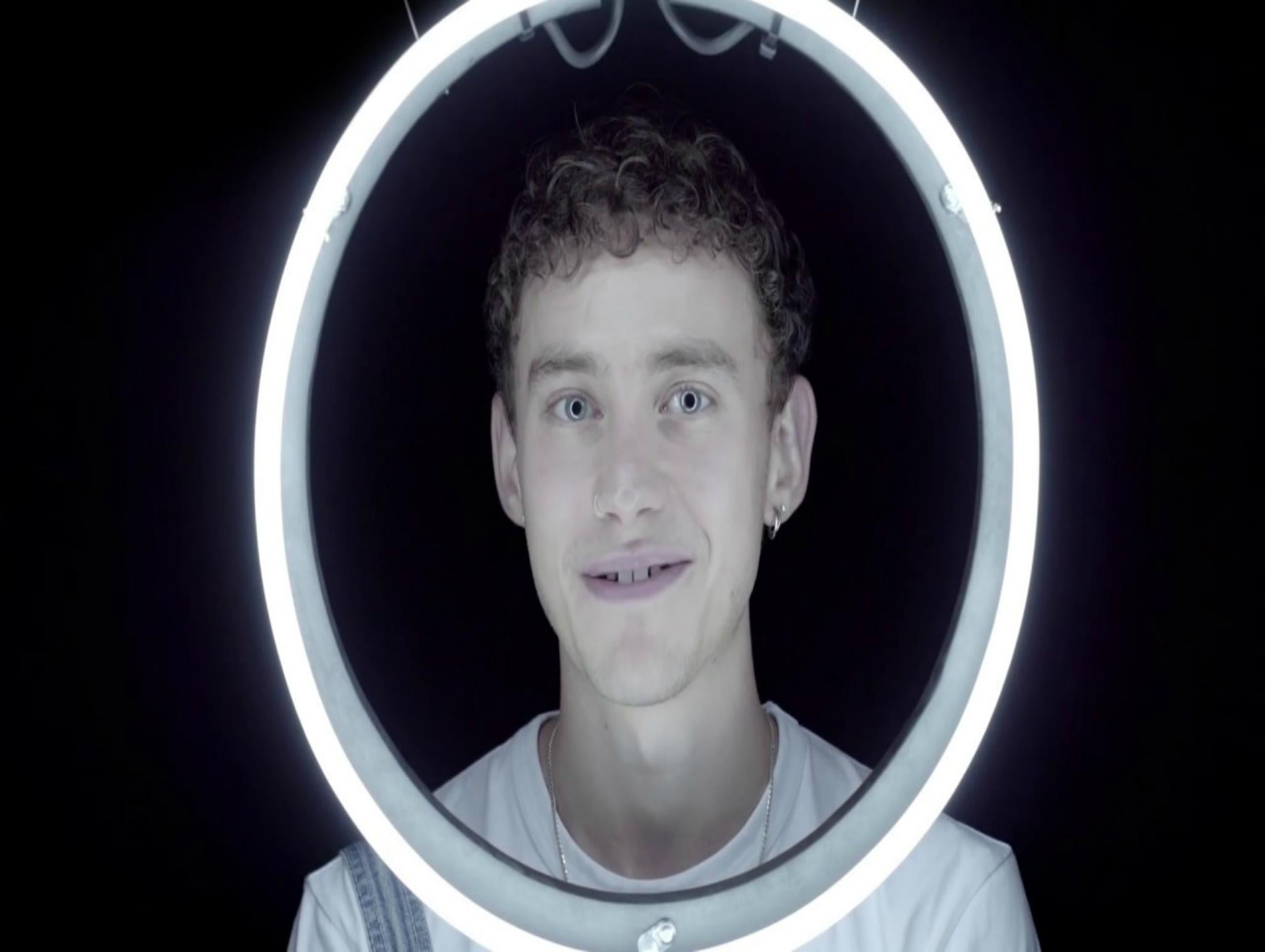Years & Years’ Olly Alexander: 'It’s so important to talk. The biggest killer of men under 45 in the UK is suicide'
The frontman of Years and Years is getting involved with Torch Songs, a new campaign focused on music as a therapy for depression - something he himself has suffered with

Your support helps us to tell the story
From reproductive rights to climate change to Big Tech, The Independent is on the ground when the story is developing. Whether it's investigating the financials of Elon Musk's pro-Trump PAC or producing our latest documentary, 'The A Word', which shines a light on the American women fighting for reproductive rights, we know how important it is to parse out the facts from the messaging.
At such a critical moment in US history, we need reporters on the ground. Your donation allows us to keep sending journalists to speak to both sides of the story.
The Independent is trusted by Americans across the entire political spectrum. And unlike many other quality news outlets, we choose not to lock Americans out of our reporting and analysis with paywalls. We believe quality journalism should be available to everyone, paid for by those who can afford it.
Your support makes all the difference.To coincide with International Men’s Day earlier this month, UK charity CALM launched Torch Songs, a campaign celebrating the healing power of music. Championed by BBC Radio 1’s Huw Stephens, the concept is simple: bands including The Vaccines and Blaenavon have been asked to cover their own Torch Song, the track that helps lift them out of dark places. Also getting involved is Years & Years frontman Olly Alexander, who’s recorded his version of Joni Mitchell’s ‘Both Sides Now’.
Since the pop trio hit superstardom with last year’s Communion album, Alexander has become one of music’s leading voices when addressing mental health issues. The 26-year-old has been forthcoming about his past, where he was bullied at school, and how things need to change in reducing a stigma around the subject. As well as being clear about his own struggles, he never hesitates in pointing out what still needs to be done, whether through government action or simply allowing everyone to be more open about their issues.
Torch Songs specifically centres around male mental health, addressing how men can often find it hard to speak up, allowing problems to fester. “It’s so important,” agrees Alexander. “The biggest killer of men under 45 in the UK is suicide. That’s a mindblowing statistic. And I just don’t know if people are aware of that. It needs to be addressed. It’s difficult to talk about these things, it really is. But verbalising things is part of the process of tackling something. I would encourage people to talk.”

Within Years & Years, Alexander and his bandmates (Emre Turkmen and Mikey Goldsworthy) used to find it hard to be open about mental health issues. “We really try. We haven’t always been good at sharing our feelings,” he admits. “We’re human beings and it’s not always easy. But we do try and make it a priority. Because it’s easy to forget about and not confront these things and let the issues fester. It can become much worse. We have sit down chats where we talk about how we’re feeling, and you always feel better afterwards.”
Despite CALM’s latest initiative - focusing on a certain song’s therapeutic power - Alexander is keen to stress that music shouldn’t be addressed as the only form of therapy. “It can be a helpful turn of phrase to describe music as therapeutic, and in many ways it is. But the issues surrounding mental health are so important, and the best thing to do is to seek help and care from healthcare professionals,” he states. At 19, he was given cognitive behavioural therapy to help deal with anxiety, and he’s been taking medication for depression since he was a teenager. “We shouldn’t ignore that it’s a real issue that people need real help and support from. Go down the professional route first, whatever that is - NHS, GP referral.”
For his own Torch Song, Alexander chose Joni Mitchell’s ‘Both Sides Now’ because it was the first song he learnt on piano, aged 13. “I was in America when we were approached,” he remembers. There was only a few songs I could turn to without having to learn to play something from scratch. I love that song. I’m a huge Joni Mitchell fan. It was an obvious choice.”
For him, the track’s closing lyric ('I really don’t know life at all') is a comfort, a realisation that barely anyone has the world sussed out. “When you hear a lyric that you identity with, it can verbalise something you wouldn’t have been able to verbalise yourself. That’s the magic of her songs,” he says. “When I was younger, my idols were Joni Mitchell and Jeff Buckley. Their voices really informed so much of my internal world. They were these beacons of hope to me because they were artists using their experienced and the pained they’d felt, turning it into music.”
Alexander says he’s “happy” to see a wider, more far-reaching conversation about mental health happening today. But he says we’re witnessing a “continual process of breaking down stigmas,” and he notes the stark contrast between greater dialogue and a decrease in financial support. “There’s so much funding that’s been cut for organisations, charities and support groups working in the mental health sector. That needs to stop.”
Despite the ongoing problems, he has high hopes for the future, arguing that young people are more “fluent” with identifying and speaking about mental health issues. “Whether it’s from being online or talking about it in schools more, I don’t know,” he says. “But it does seem to be going in the right direction.”
Listen to Olly Alexander’s cover of Joni Mitchell on CALM’s Torch Songs site
Join our commenting forum
Join thought-provoking conversations, follow other Independent readers and see their replies
Comments